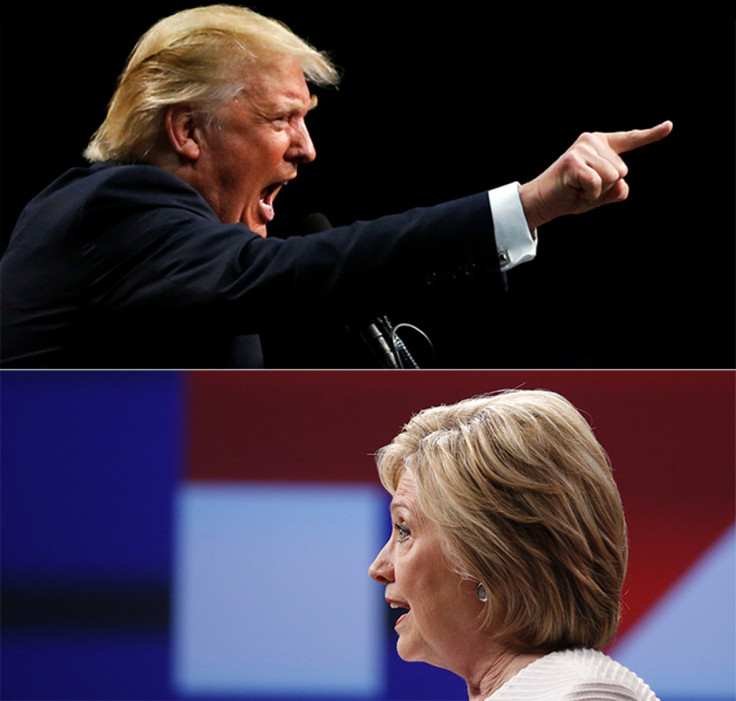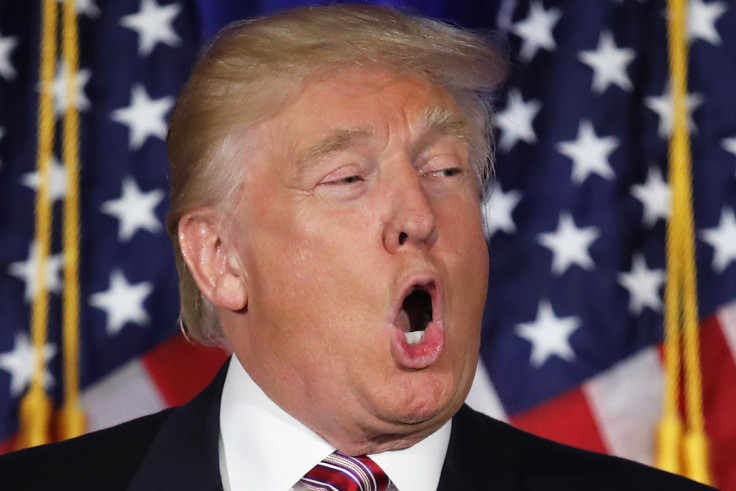Hillary Clinton vs Donald Trump: What will a new US president mean for Europe?
Trump would be an existential challenge but 'hawkish' Clinton also presents a danger to Europe.
Transatlantic relationships have long been predictable, even boring, with the alliance a rock of stability in an ever-changing world. In geopolitics, restricting disagreements to minor disputes at summit meetings is an amazing and historically rare achievement. This type of ritualised and repetitive dispute is a problem for journalists looking for new and exciting material. But it has served the interests of the transatlantic partners fairly well.
For the United States, its European allies remain the partners of first choice – in Afghanistan, Libya, and the war against the Islamic State (IS). For Europe, the alliance has served to keep the Americans at least somewhat involved in European issues, even as the Middle East bursts into flames and Asia grows in geopolitical weight and danger. After the Russian invasion of Ukraine, the transatlantic partners once again managed to forge a collective response, despite serious differences.
But now, for the first time in generations, the very concept of the alliance is being called into question by a major US party's presidential candidate. This is good news for bored experts on transatlantic relations and maybe for defence contractors, but very bad news for the rest of the world.
The presumptive Republican nominee, Donald Trump, has been clear that he views the alliance in purely instrumentalist terms. He believes that issues such as Russia and refugees are Europe's problems, and that US assistance will require direct compensation. Without a radical reshaping of the purposes and burdens of the alliance, Trump's America may simply walk away, leaving Europeans to deal with their problems on their own.

The presumptive Democratic nominee, Hillary Clinton, presents less of a fundamental challenge, but her purported hawkishness – as well as the growing US demand for Europeans to take greater responsibility for their own security – will require a European recalibration.
Of course, these are just campaign promises. But research shows that over 75 percent of presidential campaign promises are kept. Europeans should take the candidates, including Trump, at their word, and prepare for the types of president they say they will be.
Clinton or Trump: A European response

Clinton's foreign policy will not depart dramatically from Obama's and she will likely seek to publicly reassert the US's commitment to its allies. This presents an opportunity and a danger for Europe.
The danger is that Europeans will believe that this commitment reverses the US's re-prioritisation of other regions. Even under President Clinton, Europeans cannot assume that the US will continue to support European defence at current levels, or that it will adequately represent European interests on issues such as Syria. Relative US decline, and more urgent priorities elsewhere, mean that burden-sharing debates within the alliance will become ever more bad-tempered.
Clinton is far more hawkish on Russia than is commonly understood
But this is also the opportunity. EU states should be prepared to offer Clinton more than just pleas for American solutions to European problems. They should greet Clinton with plans for action which Europeans can lead, and to which the US can contribute. Rather than wait for Clinton's solution on Syria, for example, Europeans should formulate their own approach, with a greater focus on managing refugee flows than the US is likely to provide. To the extent that Clinton's approach differs from Obama's, it will likely escalate the war and increase refugee flows, which is not in Europe's interests.
Russia presents a similar dilemma. Clinton is far more hawkish on Russia than is commonly understood, and her policy may depart from the consensus established between Obama and Merkel, threatening transatlantic unity. And no Russian policy will be effective in the absence of transatlantic unity.
It makes sense therefore to demonstrate that, while the EU continues to need US assistance on Russia, it does not need US leadership. This will require a stronger EU consensus on Russia, particularly between Germany and Poland.

Trump presents an existential dilemma for Europeans. EU member states need to take Trump's 'America First' rhetoric seriously, and think about what Europe would do in a world where the alliance was no longer its security anchor. President Trump's foreign policy would scramble geopolitics, and Europe will need a creative response.
Member states should collectively seek other geopolitical partners, particularly China. Europeans will need to show Trump they have other options. China, which will have its own problems with Trump's America, is the most viable candidate. In the event of a Trump victory, Europeans should build their security relationship with China, including initiating the end of the arms embargo.
Under Trump, the US would either lose interest in working with European partners on Russia, or even be positively disposed toward Moscow's goals in Eastern Europe. Member states should therefore prepare for a stepped-up campaign of Russian intimidation. They would at that point face a choice: accept a degree of 'Finlandisation', or formulate a unified confrontational policy toward Russia. It is unlikely that the EU can build consensus for the latter, so the former is more likely.
But default is not destiny. Europeans should start making plans to build an internal coalition to avoid being crushed between Putin's Russia and Trump's America.
Jeremy Shapiro is Research Director at the European Council on Foreign Relations, who hold their Annual Council Meeting on 20/21 June in The Hague http://www.ecfr.eu
© Copyright IBTimes 2025. All rights reserved.






















